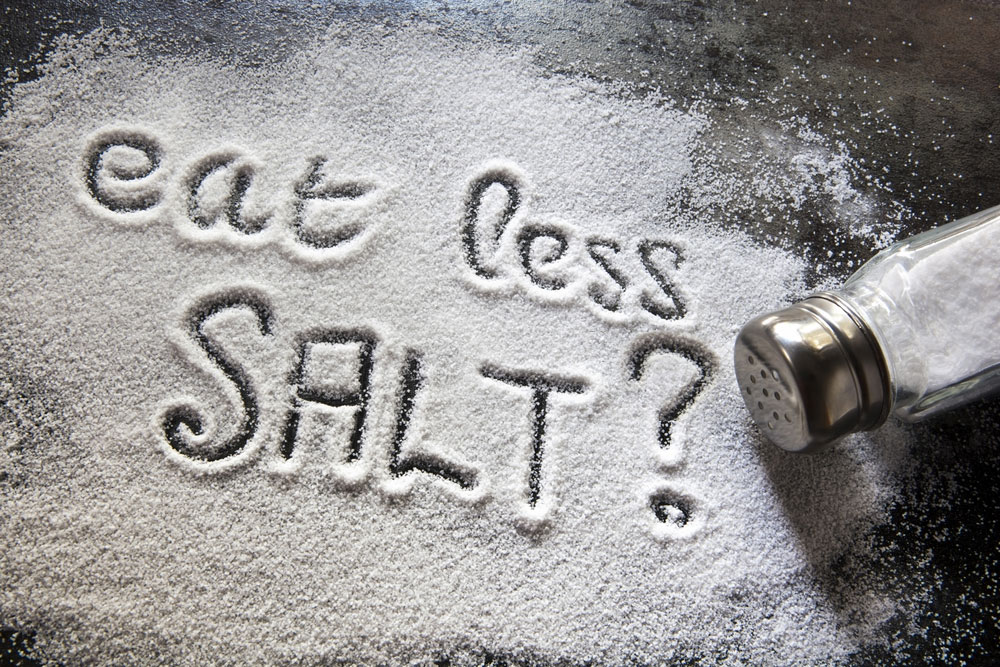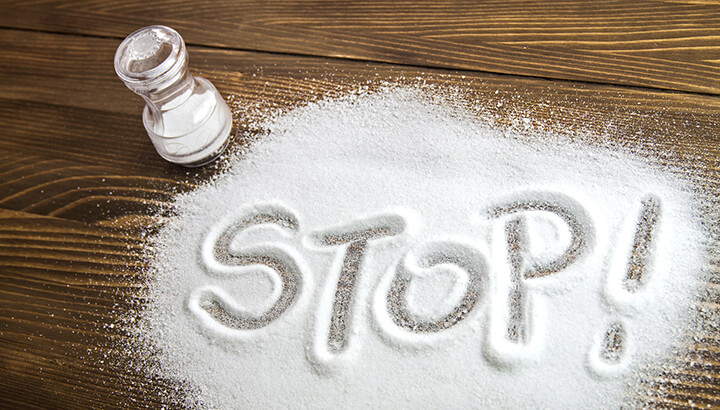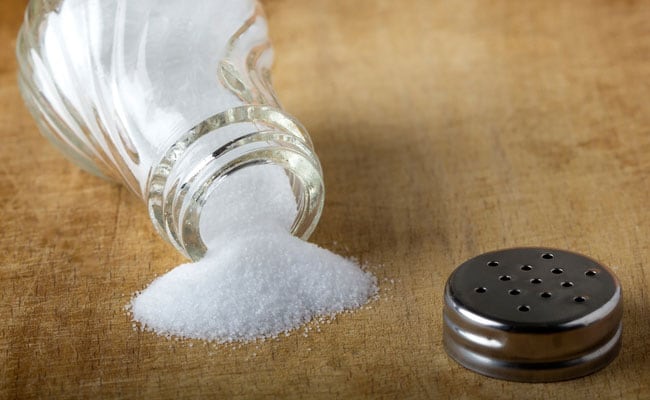
Eating salt in moderation is not a risk to health, scientists say. Most people’s consumption was “moderate” and did not increase the chance of heart attacks or strokes, a study reveals.
The NHS says adults should eat no more than 6g of salt a day, which contains 2.4g sodium, around a teaspoon.
The study by McMaster University in Ontario published in The Lancet journal followed 94,378 people aged 35 to 70 for an average of eight years in 18 countries.
Martin O’Donnell, study author and Associate Professor of Medicine, said: “There is no convincing evidence that people with moderate or average sodium intake need to reduce their sodium intake for prevention of heart disease and stroke.

“Only in the communities with the most sodium intake, those over five grammes a day of sodium, which is mainly in China, did we find a direct link between sodium intake and major cardiovascular events like heart attack and stroke.
“In communities that consumed less than five grammes of sodium a day, the opposite was the case.”
Associate Professor Andrew Mente said: “The World Health Organisation recommends consumption of less than one teaspoon of salt a day as a preventative measure against cardiovascular disease, but there is little evidence in terms of improved health outcomes.

“Our study adds to growing evidence to suggest that, at moderate intake, sodium may have a beneficial role in cardiovascular health.
“We found all major cardiovascular problems decreased in communities where there is an increased consumption of potassium which is found in fruit, vegetables, dairy foods and nuts,” he added.
What happens to my body if I eat too much sodium? In most people, the kidneys have trouble keeping up with the excess sodium in the bloodstream. As sodium accumulates, the body holds onto water to dilute the sodium. This increases both the amount of fluid surrounding cells and the volume of blood in the bloodstream. Increased blood volume means more work for the heart and more pressure on blood vessels.

Over time, the extra work and pressure can stiffen blood vessels, leading to high blood pressure, heart attack, and stroke. It can also lead to heart failure.
There is also some evidence that too much salt can damage the heart, aorta, and kidneys without increasing blood pressure, and that it may be bad for bones, too.
High blood pressure is a leading cause of cardiovascular disease. It accounts for two-thirds of all strokes and half of heart disease. In China, high blood pressure is the leading cause of preventable death, responsible for more than one million deaths a year.
Sodium and potassium have opposite effects on heart health: High salt intake increases blood pressure, which can lead to heart disease, while high potassium intake can help relax blood vessels and excrete the sodium and decrease blood pressure.
Our bodies need far more potassium than sodium each day, but the typical US diet is just the opposite: Americans average about 3,300 milligrams of sodium per day, about 75 percent of which comes from processed foods, while only getting about 2,900 milligrams of potassium each day.
A recent study in Archives of Internal Medicine provides more evidence that high salt diets have negative effects on health, and found that:

People who eat high sodium, low potassium diets have a higher risk of dying a heart attack or from any cause.
People can make a key dietary change to help lower their risk: Eat more fresh vegetables and fruits, which are naturally high in potassium and low in sodium—and eat less bread, cheese, and processed meat, as these and other processed foods are high in sodium and low in potassium.
